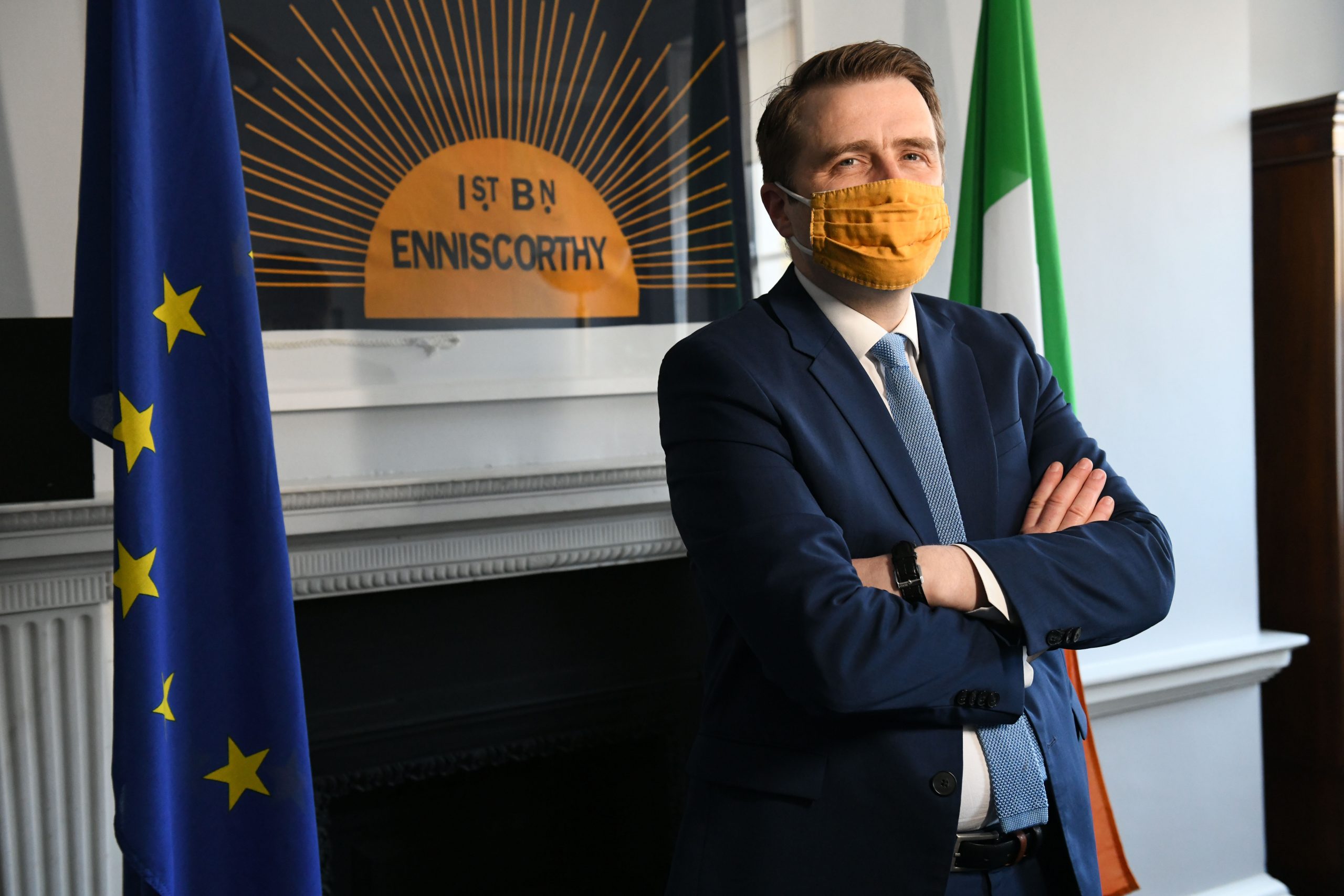Enough and more has been written about Golfgate, though few would have considered the consequent ramifications for the gambling industry in this country. The wild west will belatedly have a sheriff. Perhaps as soon as this autumn, a gambling regulator will be appointed for the first time, and an industry that turns over billions of euros will be anxiously waiting. New laws to regulate gambling were proposed by the Fine Gael-Labour government with the Gambling Control Bill 2013. This legislation never materialised but even in the time that has since passed, gambling has evolved markedly. Back to that society dinner…
Cancel at any time. Are you already a member? Log in here.
Want to read the full story?
Unlock this article – and everything else on The Currency – with an annual membership and receive a free Samsonite Upscape suitcase, retailing at €235, delivered to your door.

